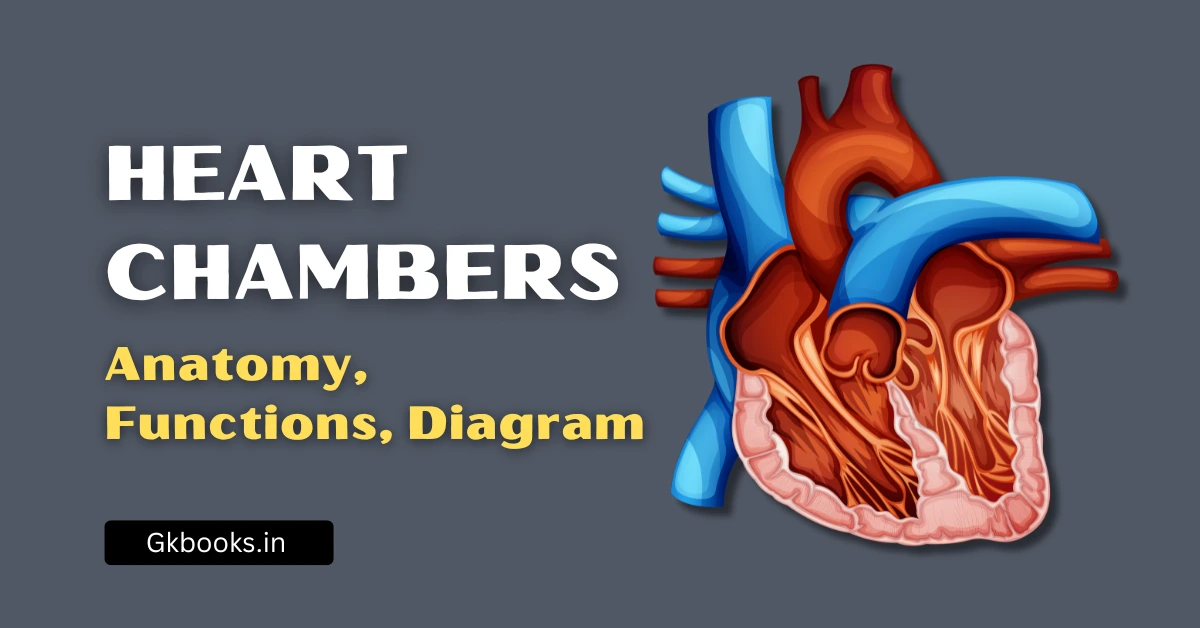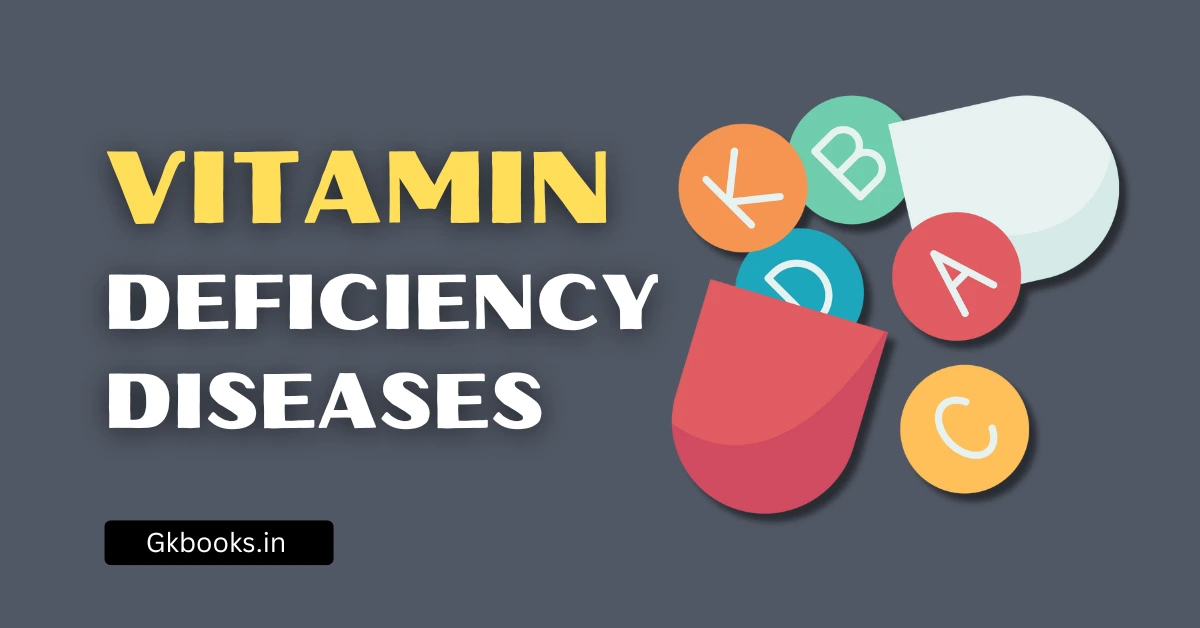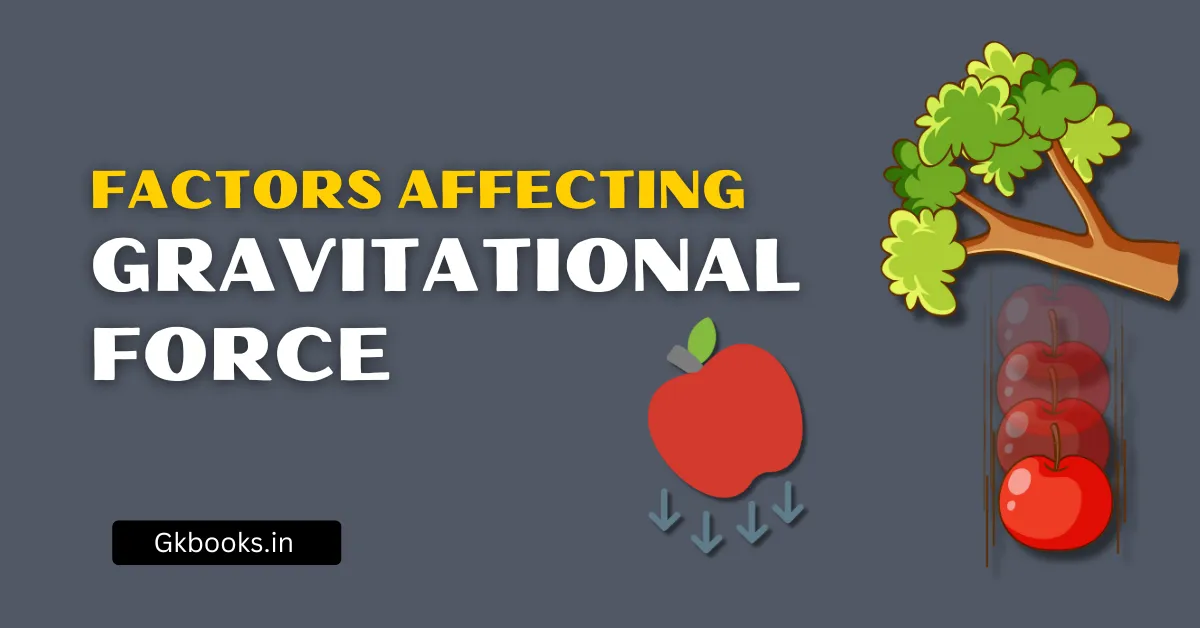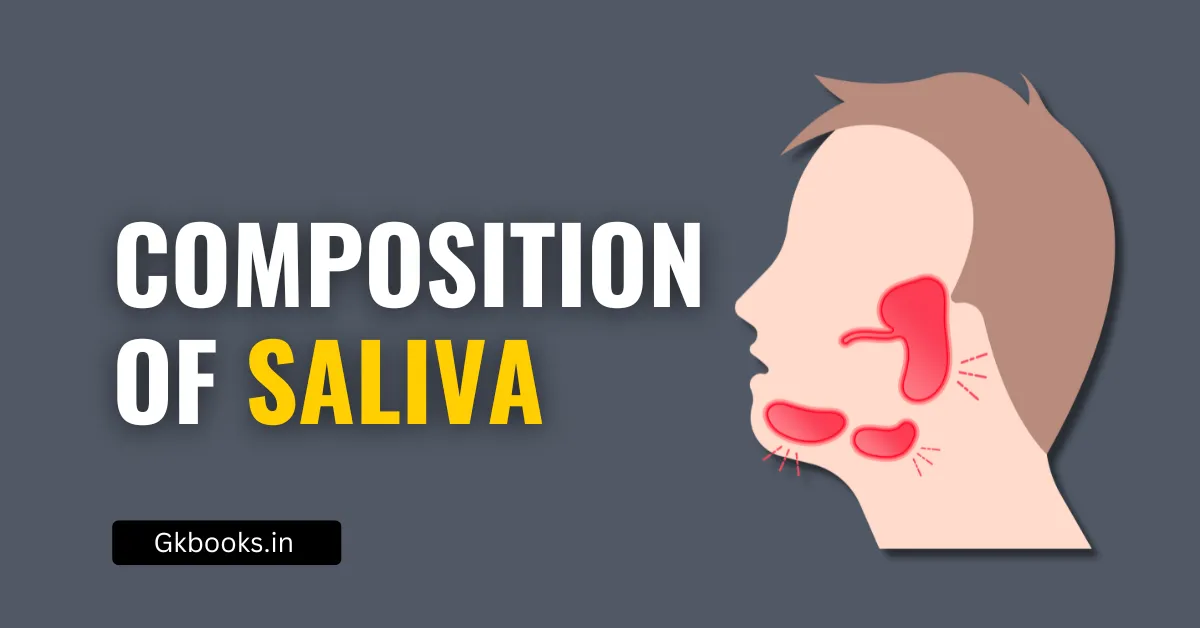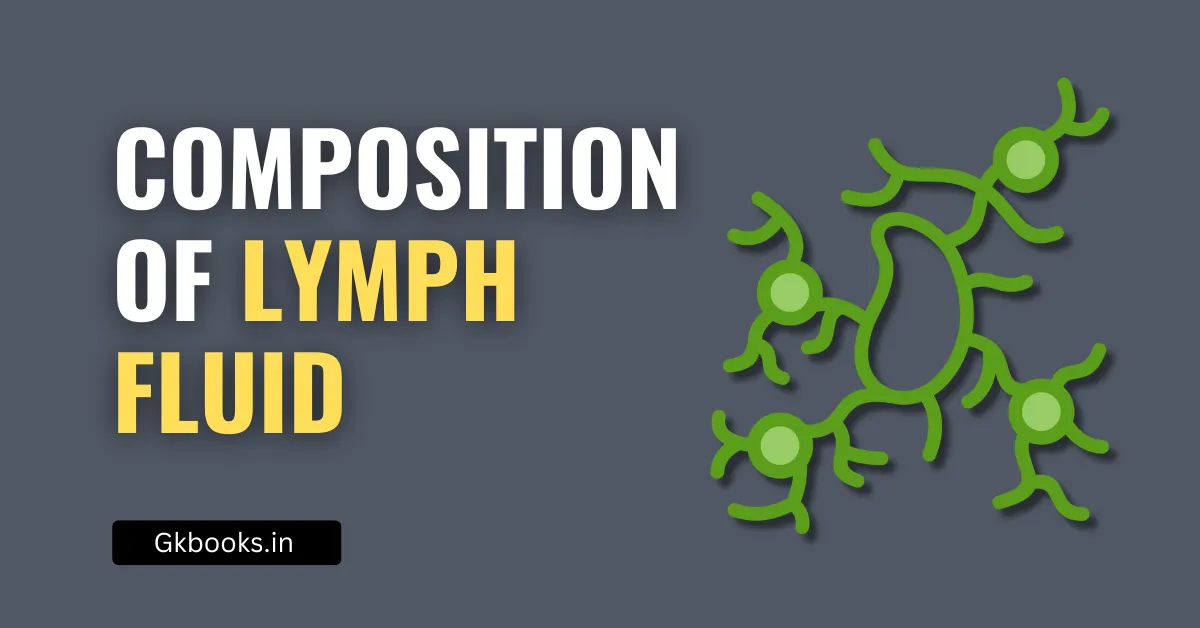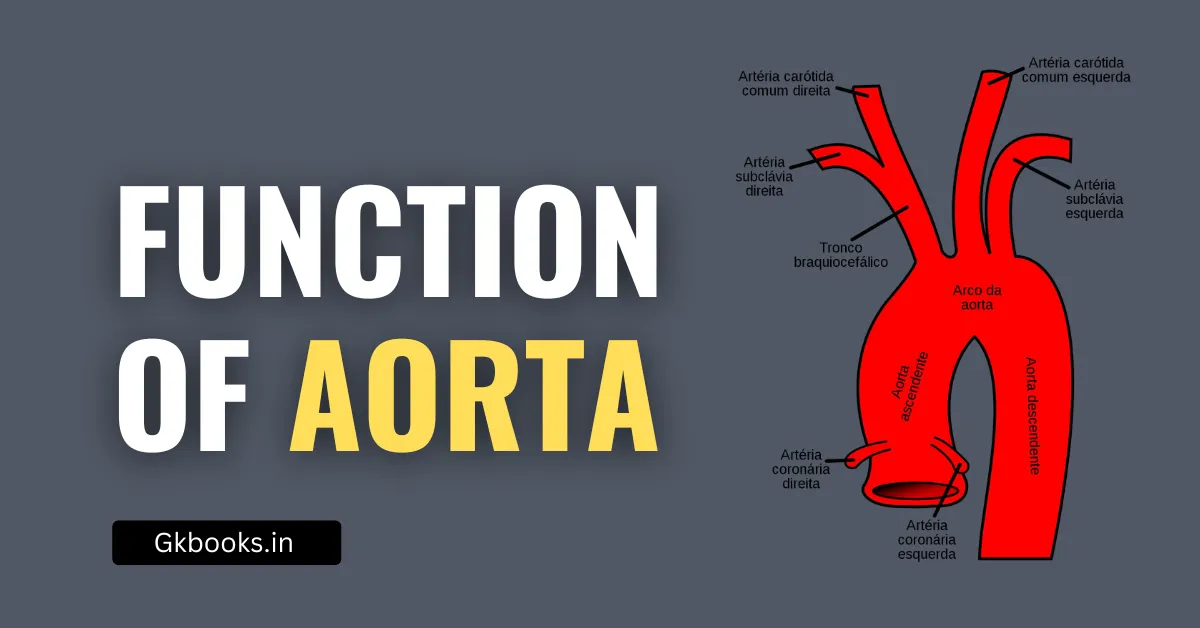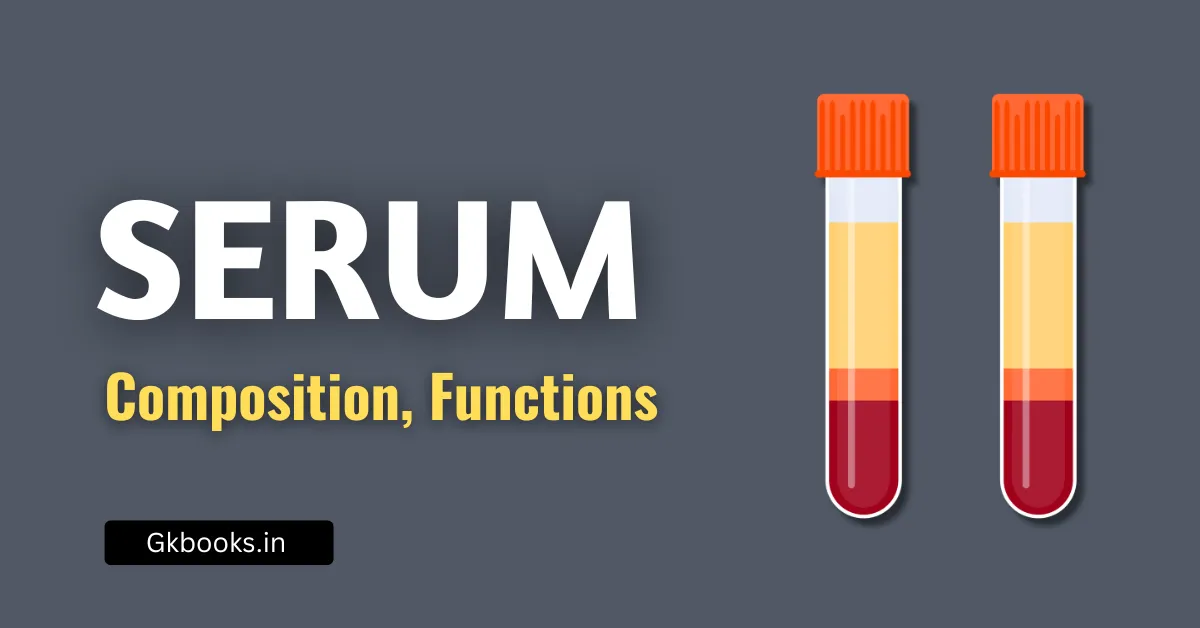Heart Chambers: Anatomy, Functions, Diagram & Exam-Focused Notes
Understanding the four chambers of the human heart is fundamental to mastering human physiology, especially for competitive exams. The structure and function of each chamber play a critical role in maintaining circulation and ensuring that oxygenated and deoxygenated blood remain separated. This article provides a complete, exam-ready guide to the heart chambers, including anatomy, functions, … Read more

